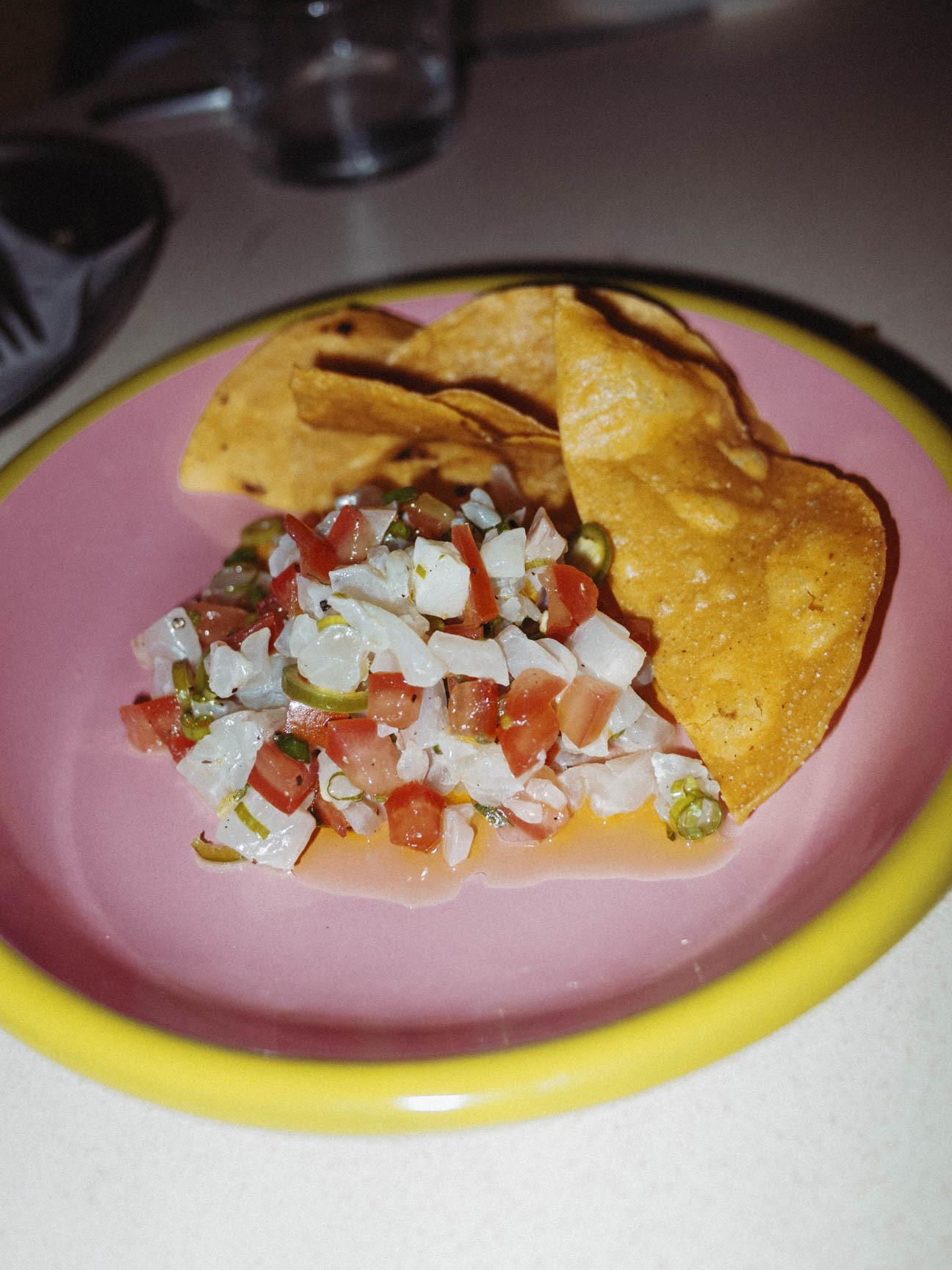Ask any Brit what they think American cuisine is and the first thing that probably springs to their mind will be some form of fast food. Hamburgers. Fried chicken. Towering stacks of pancakes. Maybe one out of a hundred people you ask would be able to conjure up an image of stewed collard greens or étouffée. The unfortunate reality is that, for most of us who live in the UK, the only encounters we really have with American food are through the medium of fast food.
There’s an irony in that although the vast majority of us consume a wide variety of high-end American culture through books, movies, and prestige TV shows (I’m looking at you, Succession), when it comes to food, we’re only ever presented with the bottom of the barrel.
Most UK cities are haunted by a surfeit of American-style restaurants with names like ‘Guy’s Diner’ and ‘Electric Avenue’ serving soggy burgers, claggy loaded fries, and milquetoast milkshakes. They are all, for the most part, painfully bland. US-born fast-food franchises are equally unavoidable. McDonald’s, KFC, Burger King, Wendy’s – it’s rare to find a high street in the country that doesn’t have at least one of those in attendance with UberEats and Deliveroo drivers flitting in and out of the establishments like fruit flies in an orchard. The country’s first Popeye’s even opened up in London’s Westfield last November.
One impact of globalisation on our appetites is that we all want to eat the food that we see gorged in American media and, as a consequence, fast-casual chains like Five Guys and Shake Shack continue to rake in customers as British chains like Byron and Gourmet Burger Kitchen splutter. Most of the diners at Shake Shack on Oxford Street are, admittedly, teenagers on dates but it's hard to deny that they’ve nailed the formula. So with the United States having such a cultural cache and allure, why is it then that so many independent restaurants struggle with defining – and cooking – American food?
Jay Rayner eviscerated steakhouse chain Smith & Wollensky when they opened up shop in London around 2015, noting the cultural difference from the British approach to beef and mourning how “Americans like to celebrate steaks based on tenderness, as if being able to cut a piece of dead animal with a butter knife is an aspiration.” The yanks do things differently, for sure, but it’s not like someone doing an American concept couldn’t theoretically succeed in creating food that appeals to palates on both sides of the pond. In fact, there’s a growing number of intrepid chefs and restaurateurs who are doing just that.
A bumper crop of restaurants has appeared with the intention of proving that American food is more than deep-fried corn dogs, cheesesteaks, and Bubbagump shrimp. Not content with everyone thinking that the food culture in the States peaks at good charcoal-crusted beef burgers and barbecued brisket, these restaurants are changing the game with unique riffs on modern American cooking and setting out to change your perspective on what the food from the land of the stars and stripes can taste like when it’s cooked with care and consideration. These are the American pioneers of the UK's iteration of new New American Cuisine. I’d like you to meet them.
